Global Governance
Your Present Location: PROGRAMS> Global Governance-
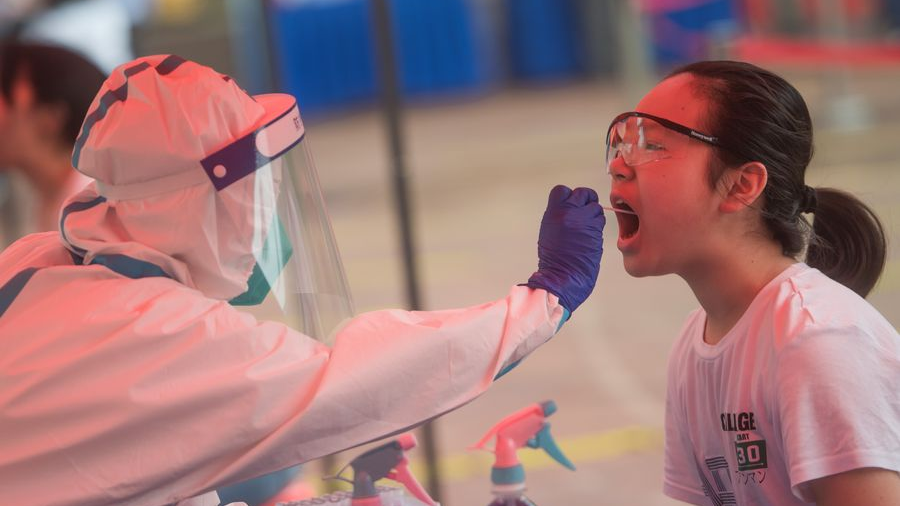
Djoomart Otorbaev: Government operation styles will be different after the pandemic
Global re-orientation to online formats caused by the pandemic will continue and gets in an irreversible course in the post-pandemic era. What is effectively working online is unlikely to return offline. A significant part of the retail businesses will go online and stay there because consumers will be convinced that they can purchase without going physically to the shops. Our transition to the digital age has accelerated enormously. What would be realized in decades is happening in months.
2020-06-04 -
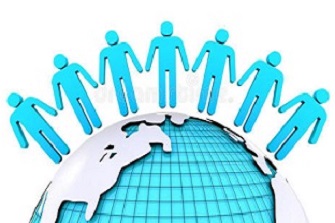
He Yafei: Global Governance Under Siege
Covid-19 has been wreaking havoc with global governance and globalization, upending the world and making it adrift in a sea of changes. Thomas Friedman suggested that the world may be divided into a before and after the watershed Covid-19 pandemic, quite succinctly summing up the huge impact the pandemic has brought to global governance system. In other words, we are witnessing the emergence of a new world where global governance - in particular public health governance, including crisis management - is in disarray.
2020-06-04 -
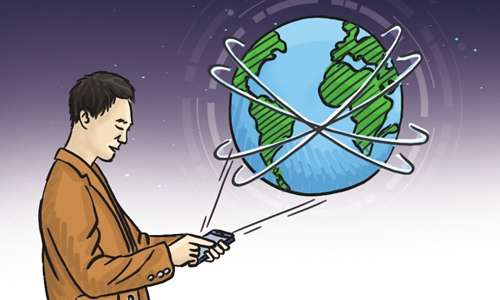
William Jones: New Signals from China Instill Confidence in the World
Despite the postponement from the normal time-frame in early March due to the novel coronavirus, China was able to hold the annual meetings of its legislature, the National People’s Congress (NPC), and its consultative body, the Chinese People’s Political Consultative Conference (CPPCC), at the end of May, as one of the first countries which have succeeded in getting back to something of a “new normal” after the coronavirus outbreak. The meetings give an opportunity for the government and legislators to chart the pathway forward after the major disruption caused by the epidemic.
2020-06-04 -
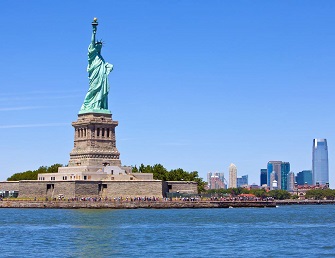
William Jones: US 'the beacon of hope' has lost its way, headed toward self-destruction
Many international observers have been shocked when they look at the US and see, in the midst of the greatest pandemic since last century, dumbfounding acts: university students romping on the beaches, demonstrators at state capitols without masks demanding an end to quarantine measures, and fake social media campaigns warning about the dangers of being vaccinated. Is this a society gone mad and plunging toward its own destruction?
2020-05-18 -
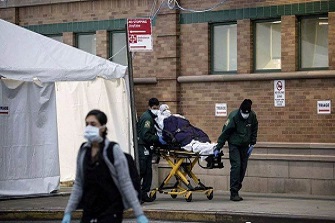
William Jones: Wuhan showed the way to beat the pandemic
The fundamental commitment of the authorities was to save as many lives as possible, and compared to the lives lost in the fight with the virus in other countries, not least of all, in the US, the cost for China in human life, while tragic, was far less. As the virus began to hit other countries, the "Wuhan model" became the paradigm. And as the fight subsided in China, Chinese teams were sent to other countries to aid them with equipment and with sound advice on combating the spread.
2020-05-15 -

John Ross: Why countries should learn from China’s fight against COVID-19
Faced with COVID-19’s onslaught, not one single life will be saved in any country by propaganda, politicization of the crisis or similar diversions. On the contrary, many lives are lost as a result of these – because they obstruct the necessary lessons to fight the virus’s attack. As bluffing will not stop the coronavirus, only correct actions will, it is therefore vital every country learns lessons from China’s successful handling of this crisis.
2020-05-14 -
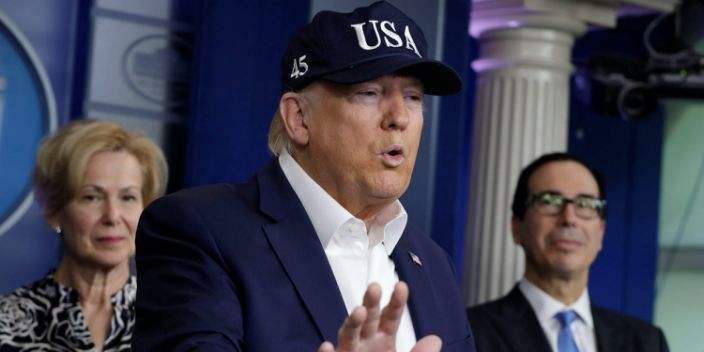
John Ross: Deadly US policy on Covid-19 will split the world in two and force countries to rethink old alliances
The Donald Trump administration’s failure to take the coronavirus seriously won’t only cause thousands of unnecessary deaths, it could change the global political map for good. The US is now a deadly threat to every person on the planet – that is the inevitable result of Washington’s decision to lift even its very limited lockdown despite the fact the virus continues to rage with full force within the American borders.Domestically, this will mean the death of tens of thousands more Americans, creating a casualty toll on US soil comparable only to the 1918 Spanish flu epidemic and the Civil War. But the international consequences will see the world divided into two zones.
2020-05-13 -
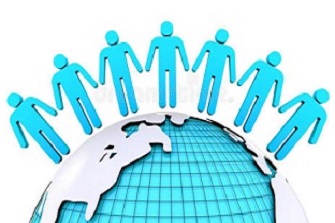
Danilo Türk: Cooperation, leadership vital to defeat pandemic
There is no doubt that the current, unprecedented global economic slowdown caused by the novel coronavirus pandemic requires unprecedented measures of global cooperation. However, the current global action is sadly insufficient and the future looks uncertain.True, the Extraordinary G20 Leaders' Summit offered a glimmer of hope. Several good proposals were made, but they were not given adequate attention in the international media and in the work of decision-makers. Many are focusing on other themes, mainly revolving around the statistics of the pandemic and its victims, and on measures taken at the level of countries.
2020-04-27 -
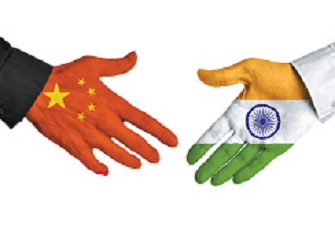
Liu Zongyi: China, India need common front to confront COVID-19
The coronavirus pandemic has severely impacted almost every country, and many of the world's leading politicians and scholars are now discussing world order after the crisis. The pandemic will indeed change many things, but for the international political and economic landscape, it will be more of a catalyst, accelerating or revealing political and economic processes that already existed but are not so apparent.
2020-04-27 -
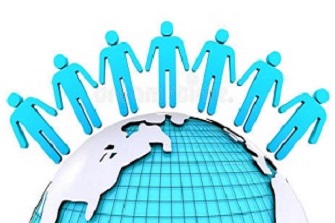
Danilo Türk: Cooperation, leadership vital to defeat pandemic
There is no doubt that the current, unprecedented global economic slowdown caused by the novel coronavirus pandemic requires unprecedented measures of global cooperation. However, the current global action is sadly insufficient and the future looks uncertain.True, the Extraordinary G20 Leaders' Summit offered a glimmer of hope. Several good proposals were made, but they were not given adequate attention in the international media and in the work of decision-makers. Many are focusing on other themes, mainly revolving around the statistics of the pandemic and its victims, and on measures taken at the level of countries.
2020-04-27 -

Danilo Türk: Cooperation, leadership vital to defeat pandemic
There is no doubt that the current, unprecedented global economic slowdown caused by the novel coronavirus pandemic requires unprecedented measures of global cooperation. However, the current global action is sadly insufficient and the future looks uncertain.True, the Extraordinary G20 Leaders' Summit offered a glimmer of hope. Several good proposals were made, but they were not given adequate attention in the international media and in the work of decision-makers. Many are focusing on other themes, mainly revolving around the statistics of the pandemic and its victims, and on measures taken at the level of countries.
2020-04-27 -

John Ross: Most countries dismiss US' blame-shifting amid pandemic
The coronavirus situation in the US and Europe is now so serious that it is overwhelming the ability of numerous Western governments to develop strategic policies. Given the immense efforts and suffering the Chinese people put into fighting the coronavirus, it is difficult for them to imagine that the situation in the West is very many times worse than it was at the worst moment of the crisis in China. But this reality is proven by the facts.
2020-04-23 -
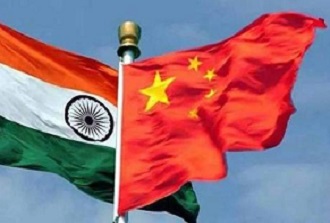
Liu Zongyi: Wuhan 2.0: a Chinese asessment
Faced with ethnic and religious conflicts, territorial disputes, and climate change, water resources crisis, and other non-traditional security threats, China and India as two ancient civilizations, should set an example for the world. The two countries should enhance mutual understanding through people to people exchanges and dialogue between civilizations.
2020-04-23 -
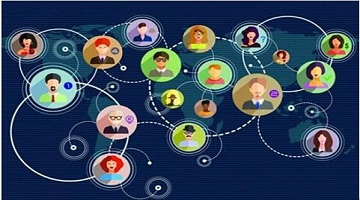
Wang Wen: Read the past, know the future
Former British prime minister Winston Churchill once said: "The farther back you can look, the farther forward you are likely to see." The COVID-19 pandemic has repeatedly broken people's previous assumptions. At first people thought it was just a new SARS, then it was predicted to likely come to an end when summer arrives.
2020-04-21 -
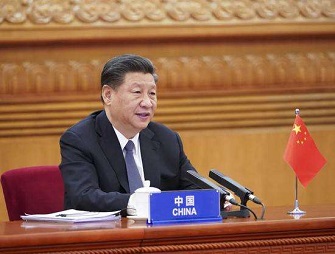
Xi: Cooperation, solidarity key to contagion fight
As the outbreak is spreading worldwide, posing an enormous threat to life and health and bringing a formidable challenge to global public health security, the article said, it is imperative for the international community to strengthen confidence, act in unity and work together in a collective way.Viruses respect no borders, and epidemics do not distinguish between races, it went on, adding that this global public health emergency has driven home the urgency and imperative need to build a community with a shared future for mankind.
2020-04-17 -

West’s pandemic falsehoods debunked
In the midst of the global COVID-19 pandemic, China has worked hard to overcome the peak of the outbreak and people have started to return to work and resume production. It is the hope of people around the world, who are still at the most difficult stage of their anti-virus war, to receive anti-epidemic assistance. Yet some bizarre accusations against China have arisen. This attempt to cast blame on China is designed to divert attention from their own country's inept responses to COVID-19. We must recognize these as obfuscations that so regrettably undermine humanity's efforts to end the pandemic.
2020-04-17 -

Ding Gang: Lack of basic knowledge of viruses a main cause of global pandemic
A system, no matter how perfect it may be, requires people to execute it. Only when they acquire basic knowledge can they make comprehensive decisions and reduce the possibility of negligence when similar crises arise. Even as they become more aware of their personal safety, managerial and grass-root level staff will have a heightened awareness of any emerging crisis, which will prompt them to make timely responses and ensure reporting procedures are followed smoothly.
2020-04-16 -

Wang Wen: Post-pandemic may be more enlightened era
What humanity now needs is not only a revolution in national governance capacity. We need transformation and adjustment of government behavior and local governance methods to deal with public health crises. We need to help more poverty-stricken areas to avoid becoming a hotbed of viruses. Moreover, we need a revolution in the concept and mind-set of global governance.
2020-04-14 -

He Yafei: Join Hands to Cope
Countries have been upgrading their countermeasures to handle the onslaught, with different degrees of success. The main problem lies in the “disorder” and “fragmentation” of global governance. Countries have largely been working independently without proper coordination, or blending geopolitical considerations with their coronavirus response, lacking the spirit of mutual assistance as envisioned in China’s proposed “community with a shared future for mankind.”
2020-04-09 -

He Yafei: Join Hands to Cope
Countries have been upgrading their countermeasures to handle the onslaught, with different degrees of success. The main problem lies in the “disorder” and “fragmentation” of global governance. Countries have largely been working independently without proper coordination, or blending geopolitical considerations with their coronavirus response, lacking the spirit of mutual assistance as envisioned in China’s proposed “community with a shared future for mankind.”
2020-04-09
























































































 京公网安备 11010802037854号
京公网安备 11010802037854号





